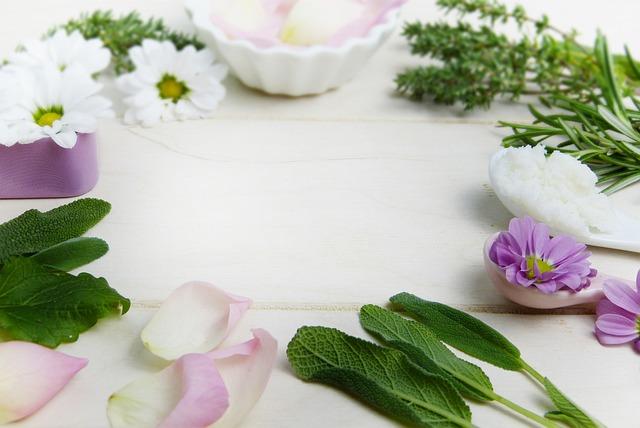In the quiet, unyielding rhythm of our daily lives, we often overlook the remarkable resilience of our skin, the body’s largest organ and its first line of defense. It shields us from the elements, absorbs the sun’s gentle warmth, and, most impressively, possesses an incredible ability to heal itself. Yet, there are times when this natural process seems to falter, leaving us puzzled and impatient as we watch cuts linger, bruises stubbornly refuse to fade, and blemishes overstaying their welcome. In this exploration, we delve into the enigmatic world of skin healing, unraveling the common missteps and misconceptions that might be stalling your skin’s recovery. With a confident stride, we will guide you through the pitfalls and provide you with the knowledge to restore your skin’s innate ability to mend, revealing the radiant, resilient surface that lies beneath. Welcome to the journey of understanding why your skin isn’t healing—and what you might be doing wrong.
Unlocking the Secrets of Skin Regeneration: Common Mistakes Unveiled
Many individuals unknowingly sabotage their skin’s natural healing process, often by following well-intentioned but misguided advice. Understanding and avoiding these common pitfalls can significantly improve your skin’s ability to regenerate effectively. Here are some of the most prevalent mistakes:
- Over-exfoliation: While exfoliating can help remove dead skin cells, doing it excessively can strip your skin of essential oils, leading to irritation and delayed healing. Stick to a gentle exfoliation routine, ideally once or twice a week.
- Neglecting hydration: Proper hydration is crucial for skin repair. Dehydrated skin can become dry and cracked, creating barriers to healing. Ensure you’re drinking enough water and using a good moisturizer daily.
- Skipping sunscreen: Sun exposure can impede the skin’s ability to heal. Always apply a broad-spectrum SPF, even on cloudy days, to protect your skin from harmful UV rays.
- Using harsh products: Some skincare products contain alcohol or other harsh chemicals that can damage your skin barrier. Opt for products with natural ingredients and avoid those that cause stinging or redness.
By addressing these common errors, you can support your skin’s natural regenerative abilities and enjoy a healthier, more resilient complexion.

Delving Into Diet: How Nutrition Impacts Your Skins Healing Process
When it comes to achieving radiant, healthy skin, the role of nutrition is often underestimated. Your skin is your body’s largest organ, and it reflects what’s happening inside your body. A nutrient-rich diet isn’t just beneficial; it’s essential for skin repair and regeneration. Here’s how you might be sabotaging your skin’s healing process without even realizing it:
- Insufficient Protein Intake: Proteins are the building blocks of skin cells. Without adequate protein, your skin’s ability to repair itself is compromised.
- Lack of Essential Fatty Acids: Omega-3 and omega-6 fatty acids are crucial for maintaining skin’s barrier function. A deficiency can lead to dry, inflamed skin that struggles to heal.
- Ignoring Antioxidants: Vitamins C and E, found in fruits and vegetables, protect skin from free radicals and support collagen production, speeding up healing.
By adjusting your diet to include these nutrients, you can significantly enhance your skin’s resilience and healing capabilities. Remember, what you eat is as important as what you apply topically.
Revitalize Your Routine: Essential Steps for Faster Skin Recovery
Revamping your skincare routine can be a game-changer when it comes to enhancing your skin’s natural healing abilities. First, it’s crucial to focus on hydration. Without adequate moisture, your skin’s barrier can become compromised, slowing down the recovery process. Consider incorporating a hyaluronic acid serum, which attracts moisture and keeps your skin plump and healthy.
Next, pay attention to the ingredients in your skincare products. Avoid harsh chemicals and fragrances that might irritate your skin further. Instead, opt for products rich in antioxidants, such as vitamin C and E, which help combat free radicals and support skin regeneration. Here are some essentials to include in your routine:
- Gentle Cleanser: Removes impurities without stripping natural oils.
- Moisturizer with Ceramides: Strengthens the skin barrier.
- SPF 30+ Sunscreen: Protects against UV damage, essential for recovery.
Lastly, don’t underestimate the power of rest. Quality sleep allows your body to repair itself, and your skin is no exception. Aim for 7-9 hours per night to optimize your skin’s renewal process. By integrating these steps, you’re setting the stage for a vibrant, resilient complexion.



